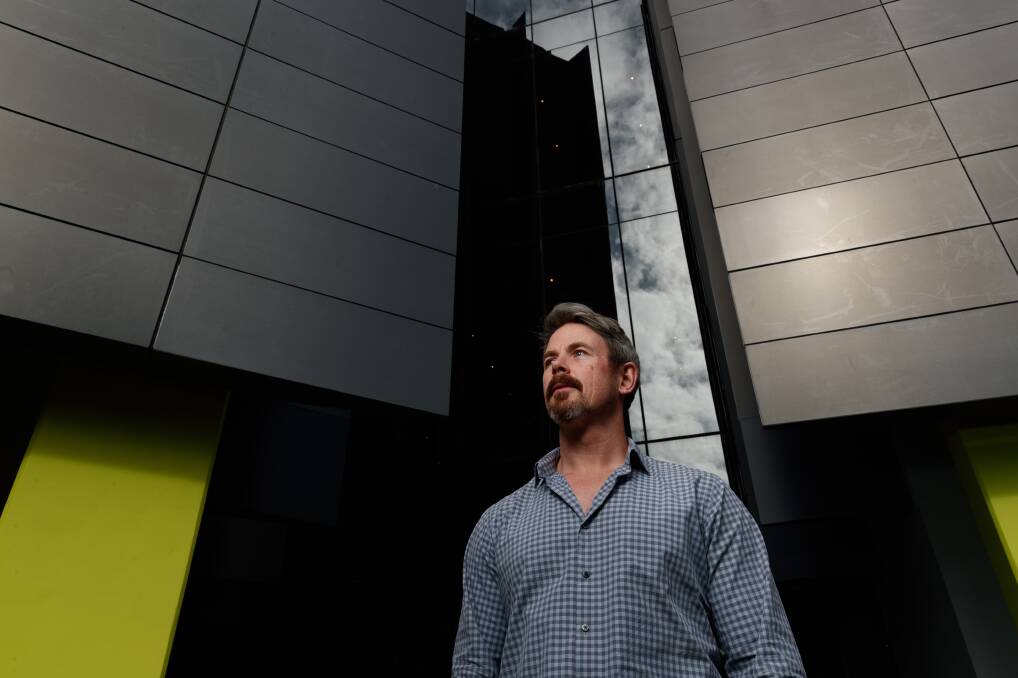Up to 15,000 Australians are expected to die of COVID-19 this year, but experts question whether more lives could have been saved with early access to antiviral medications.
But with the seven-day rolling average currently sitting "stubbornly" at 40 deaths a week across the country, University of Newcastle viral immunologist - Associate Professor Nathan Bartlett - says education and understanding around what antiviral drugs are available, how to access them, and the importance of responding early is "critical".
"People just want to move on, so largely, we seem to becoming a bit desensitised to the deaths. But this number of deaths each week is really not acceptable over the long term," he said.

A/Prof Bartlett said the first oral treatments approved for COVID-19 in Australia - Lagevrio and Paxlovid - are available for people at increased risk of severe illness and hospitalisation.
"If given within a couple of days of symptoms, they are remarkably effective at reducing the chance of developing more significant disease," he said.
"It's reasonable to assume that over a number of weeks where you've got hundreds of people who have died, you'd have to think at least some of them might've survived had they got an antiviral early on in their disease progression. We can do better."
People aged 65 and above with two additional high risk factors for developing severe disease; those 75 and above with one additional high risk factor; Aboriginal and Torres Strait Islander people aged 50 and over; and moderately to severely immunocompromised people - irrespective of vaccination status - could meet the clinical criteria for the antiviral COVID-19 drugs.
But A/Prof Bartlett said the tricky part was accessing them early. People needed to understand what that process involved.
"You need to act quickly - you've got to act from the moment your throat starts to tickle or your nose starts to run or you start to get headaches," he said. "The clock is ticking and you have to jump those hurdles which will take some days to get through."
IN OTHER NEWS:
He said this required a PCR test at the very first sign of symptoms; getting a GP to conduct a risk assessment for developing severe disease; then, if deemed eligible, getting a script filled for the antivirals.
"This all has to happen within five days of your symptoms starting," he said. "If you wait a couple of days you might be too late."
A/Prof Bartlett said PCR testing clinics now tested for COVID-19 as well as influenza and RSV (respiratory syncytial virus).
Determining which virus you have is an important step in working out which, if any, antivirals you need.
"Hopefully they will prevent symptoms progressing to a point where you need to go to hospital," he said.
"Flu is rampant at the moment. It is tearing through the schools," A/Prof Bartlett said. "These viruses are being transmitted at schools and disseminated to the wider community."


